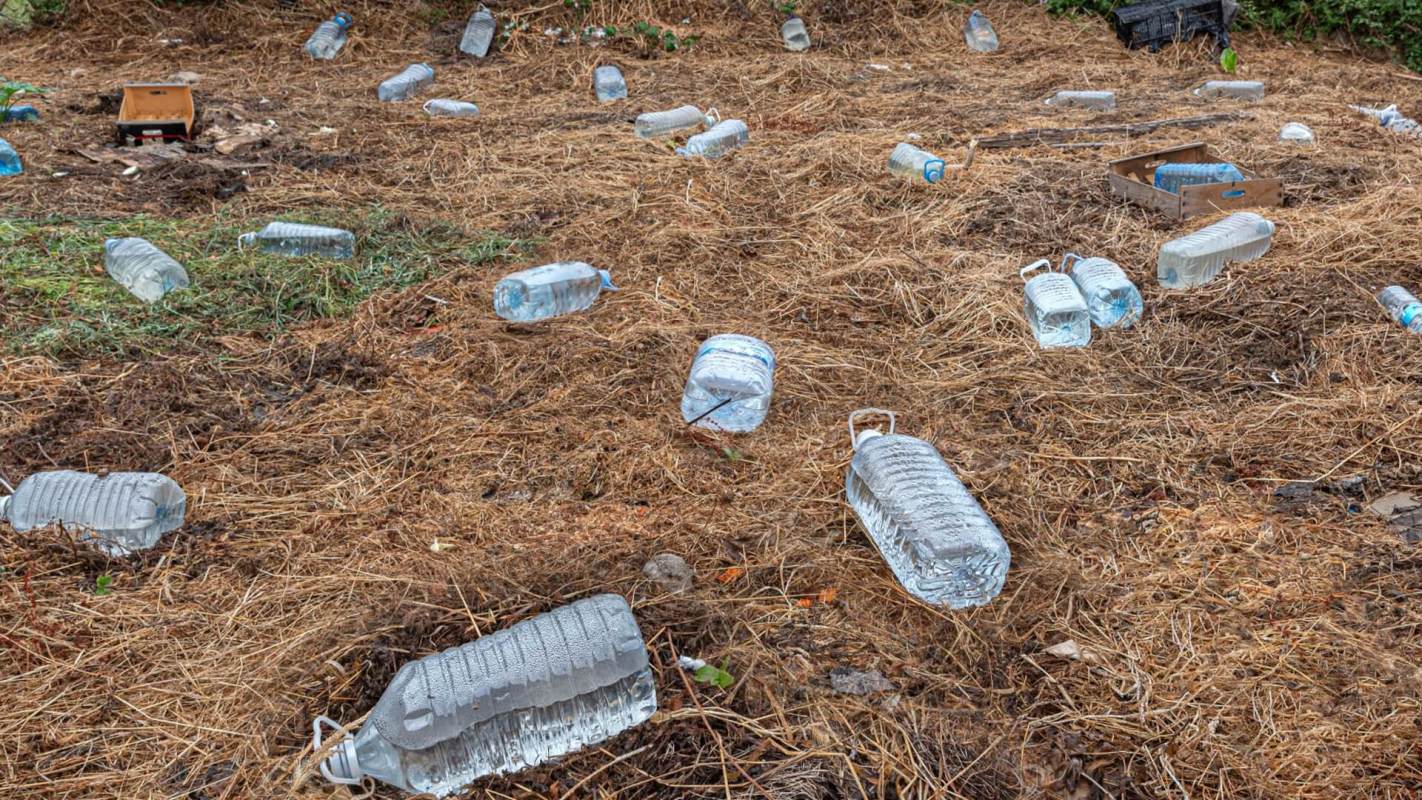What if, instead of filling up landfills, plastic waste could safely become part of our soil?
Plastics, which are used to package a ton of products people purchase every day, can take centuries to break down, which is why some companies are now offering compostable plastic as a solution that appears to be more environmentally friendly.
But as companies work to reduce their impact by offering packaging labeled as "compostable plastic," one study is demonstrating how such products can be ineffective in everyday environments and why this kind of plastic often doesn't decompose.
In most homes, according to a study published in Frontiers in Sustainability, only 34% of the "compostable plastic" items that participants composted actually disintegrated.
The rest didn't really work out: Around 9% of the plastic showed no change, 15% only showed signs of discoloration, and 42% broke into smaller pieces — but not to the extent it could be used in soil without causing pollution.
What is compostable or biodegradable plastic?
Consumers may see "compostable" or "biodegradable" plastic labels on products they purchase.
Compostable plastic is meant to break down in home compost bins to the point it can safely be used in vegetable or flower gardens.
In an ideal world, compostable and biodegradable labels would also provide clear instructions for the best way to dispose of such plastics or turn them into useful compost.
Why is compostable plastic important?
Outside of the more well-known concerns about plastic piling up in landfills and floating around in the ocean, plastic also contributes to growing concerns about microplastic pollution, which damages soil and organisms in soil.
It's seemingly everywhere and has been discovered as far as Antarctic snow and as close as the blood that flows through human veins.
How compostable plastics can help reduce pollution
Plastic packaging that composts or biodegrades at home could help minimize the impact of items people purchase every day, as long as these products provide clear instructions that consumers can easily follow and the technology continues to improve.
Because about 90% of plastic isn't recycled at all, packaging that can break down into compost soil at home could offer a way for people to take matters into their own hands (and gardens).
Why compostable plastics didn't work so well in the study
Researchers rounded up 1,648 citizen scientists to track how well their compostable products broke down. Some of the participants composted items for three months and some for over a year.
The idea was to show how it works in "real life" instead of in a lab, with people composting the way they normally would.
Clearer instructions for the general public can offer a step in the right direction — and so could better processes for making and certifying compostable plastics, according to study author Danielle Purkiss.
Follow The Cool Down on Instagram and subscribe to ournewsletter.








